Sport during and after pregnancy

This post was created in collaboration with midwife Vivian.
Click here to read further information about midwife Vivian.
It is a myth that sport during pregnancy harms the baby and can lead to premature birth. Nevertheless, it still discourages women from being active during their pregnancy. However, the opposite is true: sport during pregnancy clears your mind, lifts your mood – and prepares pregnant women perfectly for the birth.
In the following article you will learn …
• which types of sports are suitable
• which should rather be avoided
• what you should pay attention to
• when you should avoid sports
• when you can start again after the birth
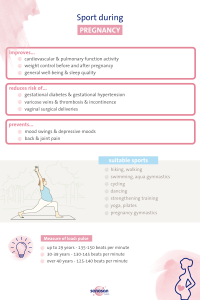
Advantages of sports during pregnancy
Sport has a number of positive effects on the body of a pregnant woman. In addition to improved general well-being, women experience significantly fewer complaints such as fatigue, circulatory problems or back pain. Sleep quality and mood improve, and mood swings and depressive moods are reduced. Because exercising stimulates the cardiovascular system and metabolism, the body’s oxygen supply and lung function activity are improved. There is also a reduced risk of gestational diabetes, gestational hypertension, varicose veins, thrombosis and incontinence. Vaginal surgical deliveries, such as suction cup and forceps deliveries, are also less likely when exercising during pregnancy.
Suitable sports during pregnancy and frequency of sports activity
In general, you can do anything you feel comfortable with (but hard training and sports with a risk of injury are absolutely excluded), because sports during pregnancy should be fun and increase your well-being. How often you exercise during pregnancy depends on how active you were before you became pregnant. If a woman runs regularly for years, this can be maintained during pregnancy. However, you should never start with exhausting sports if you have hardly done any sports before your pregnancy. The risk of overexertion would be too high.
Suitable sports during pregnancy are:
• hiking, walking
• swimming, aqua gymnastics
• cycling
• dancing
• strengthening training
• yoga, pilates
• pregnancy gymnastics
Sports that should be avoided
Sports that involve a high risk of falling, intensive physical contact or a high risk of injury must be avoided at all costs. Sports that involve vibrations or recoil effects should also be avoided during pregnancy.
High-risk sports during pregnancy include:
• inline skating
• Horse riding
• skiing
• clmbing, bouldering, gymnastics
• ball, team sports (e.g. basketball, volleyball, soccer, tennis)
• combat sports (e.g. boxing)
• trampoline, rope jumping
• demanding weight training
• diving, rowing
• mountain climbing (large differences in altitude)
• intense endurance sports (e.g. marathon, triathlon)
• bungee jumping, parachute jumping
Moderately suitable sports during pregnancy
As already mentioned, women should only go for a run if they have done intensive training before their pregnancy. Nevertheless, the training should not be too intense, even for experienced runners. Accordingly it should not include any sprint units. Running strains the pelvic floor, the spine as well as tendons and joints due to the vibrations.
You should also be careful when training the abdominal muscles, as the training of the straight abdominal muscles causes the left and right abdominal muscles to pull apart and form a gap (rectus diastasis). Basically, from the 20th week of pregnancy (as long as the abdomen has not yet bulged), training of the straight abdominal muscles should be avoided. The oblique and lateral abdominal muscles can still be trained.
Due to the hormone relaxin, the tissue is much more stretchy during pregnancy than usual. To prevent injuries, stretching units should be performed carefully.
What should pregnant women pay attention to when exercising?
During your workout, make sure you take enough breaks and do not overwork your body. Do not make your workout too hard and stop it immediately if symptoms such as abdominal/ chest pain, cramps, dizziness, breathing problems or bleeding occur during or after the workout.

measure of load: pulse/ „talk test“
To avoid excessive stress during exercise, you can wear a heart rate monitor. Up to the age of 29, the pulse rate for pregnant women should not exceed 135 to 150 beats per minute. From age 30 to 39, 130 to 145 beats per minute, and for women over 40, 125 to 140 beats per minute.
Another method to determine that your workout is not too exhausting is the “talk test.” If you can still talk normally during a physical activity such as endurance sports, your training load is in the medium range and you are not in danger of overexerting yourself.
When should you avoid sport during pregnancy?
Most pregnant women can do sports without hesitation. To be on the safe side, you should still check with your gynecologist or midwife whether or which sports you can do without hesitation.
If there is a high-risk pregnancy, e.g. an increased risk of miscarriage, pre-existing conditions, infectious diseases, heart disease, premature labor or multiple births, the pregnant woman must be careful and possibly reduce her exercise program. The same applies here: in any case, consult with the gynecologist.
Sports after birth
After giving birth, it is important that you allow your body to rest for the first few weeks. During the postpartum period, your body regenerates, the uterus recedes and birth injuries heal.
After six weeks at the earliest, you can start a postpartum class. This is highly recommended, as your body and pelvic floor muscles need to be strengthened again. Even if you don’t feel ready for it until 12, 15 or 20 weeks, that’s okay. A backbirth class will strengthen your pelvic floor, back and abdominal muscles.
After the postpartum class, you can also start doing gentle sports. Here you should stick to the sports that are also recommended during pregnancy. You can resume your usual training four to six months after the birth at the earliest. At this time, sports such as horseback riding, climbing and diving are also safe.
And please always remember: only do sports to the extent that you feel good about yourself and don’t take on too much! Enjoy the time with your loved ones, give yourself a lot of rest and take care of yourself. All this will pay off as soon as the nine months are over and you can hold your newborn in your arms.
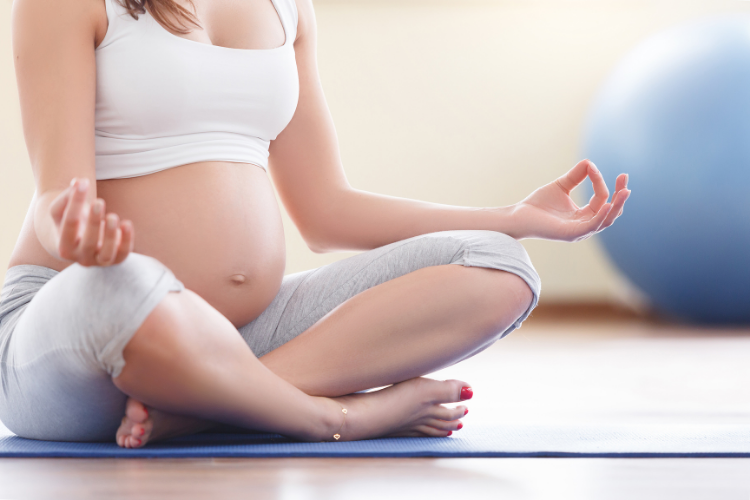
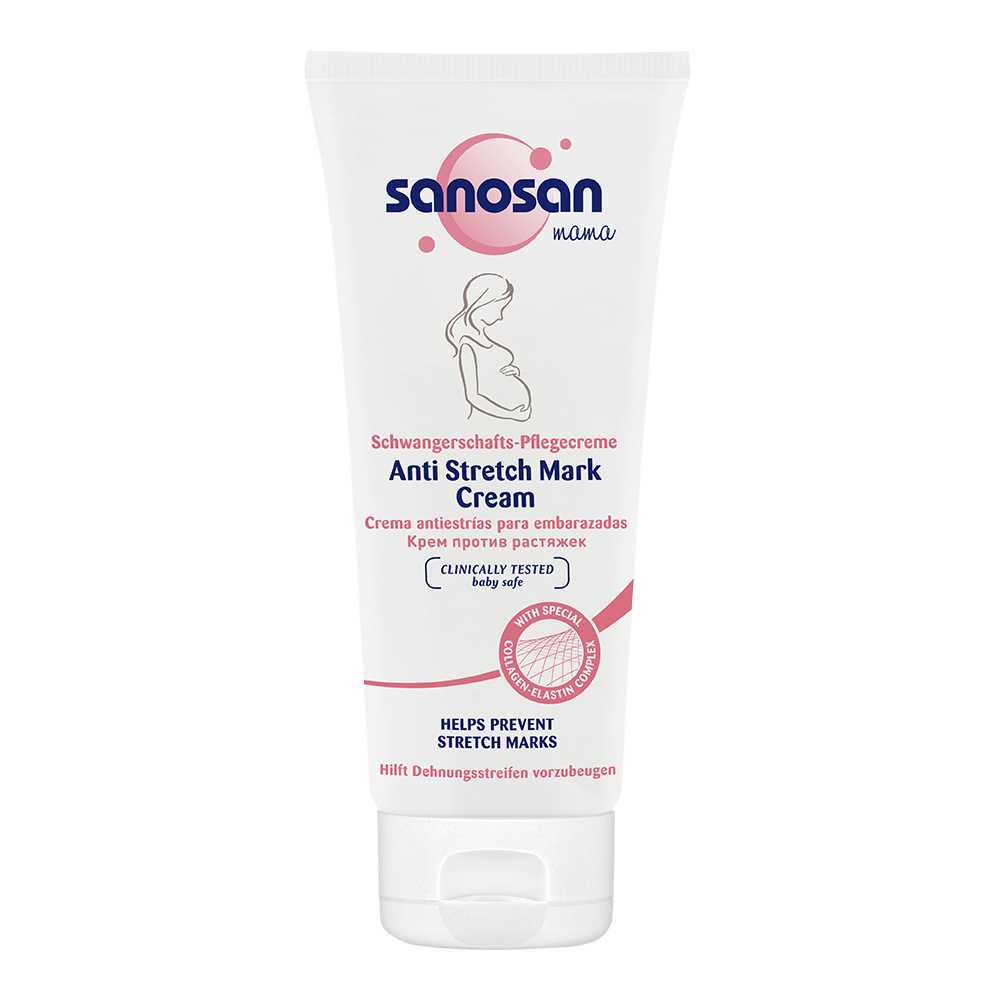
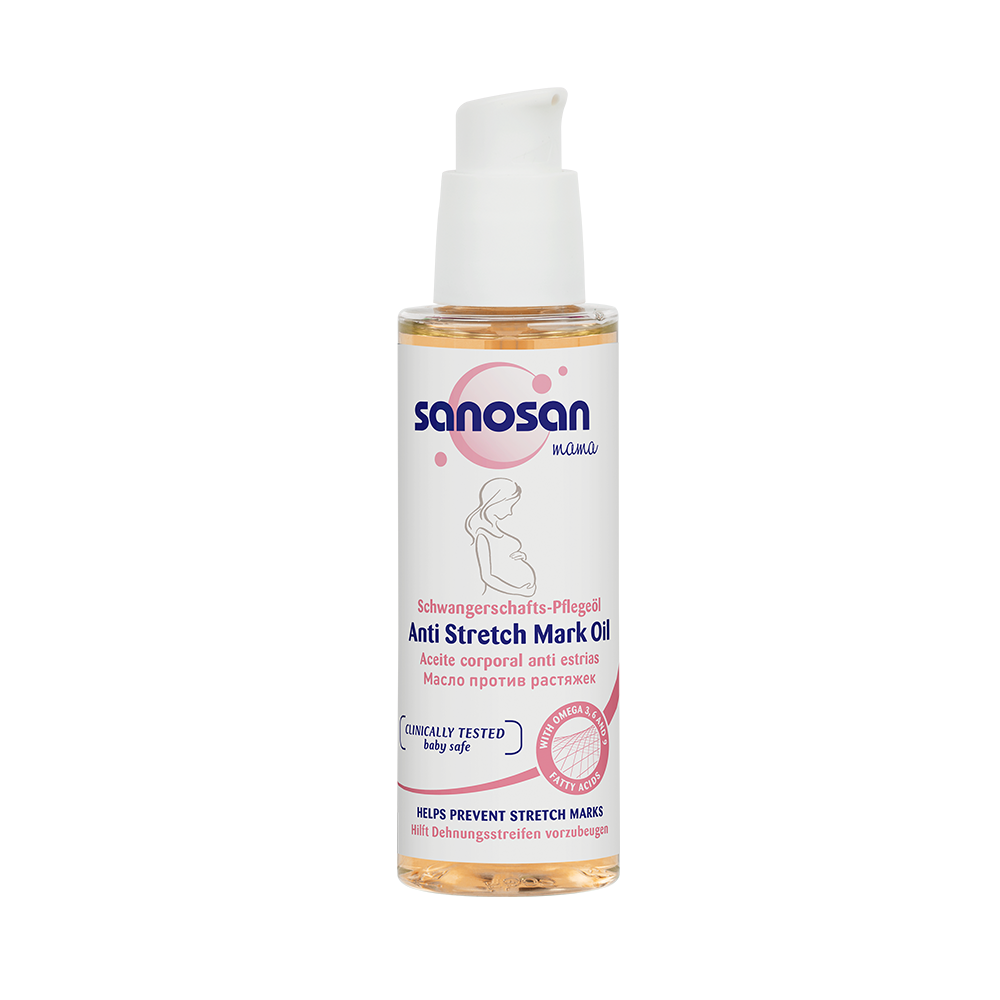
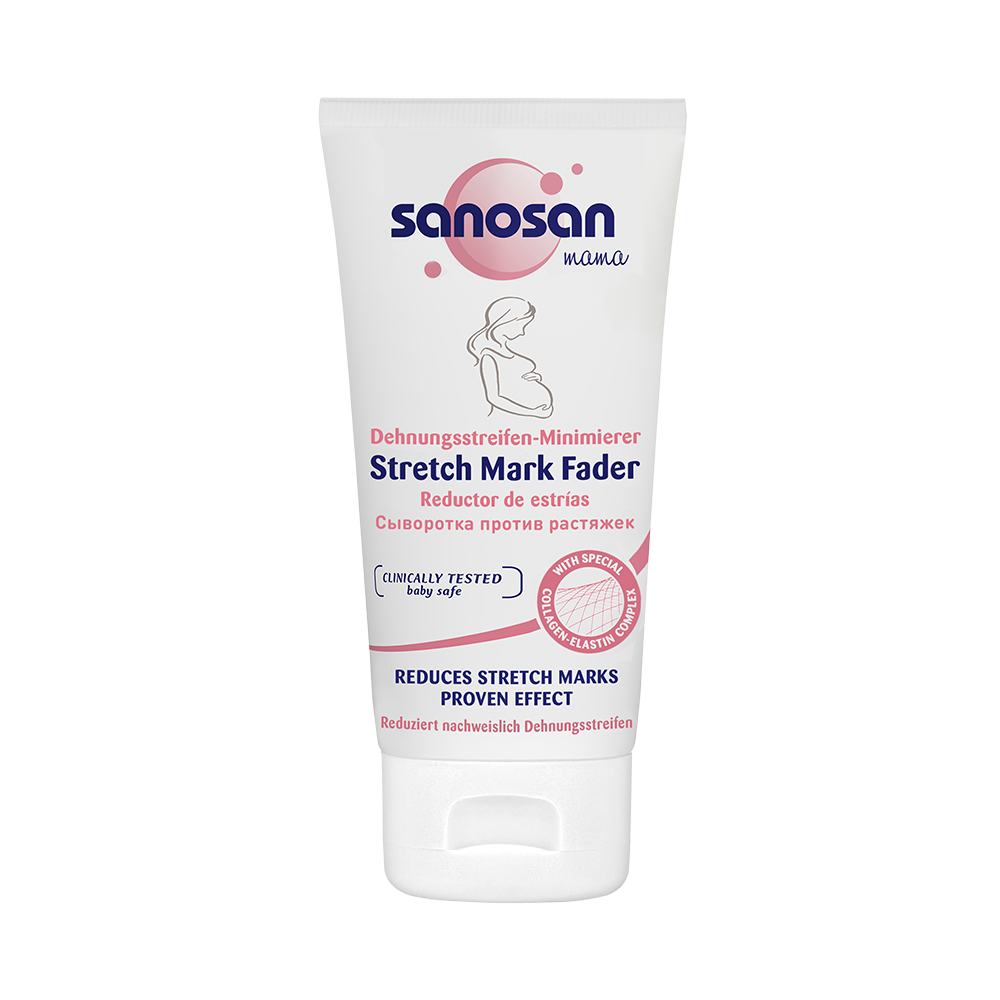

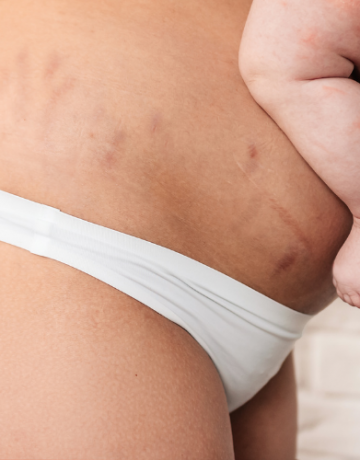





Comments (0)